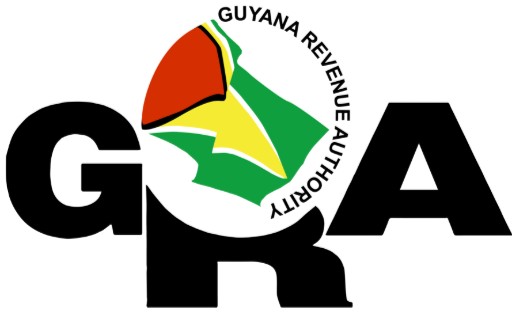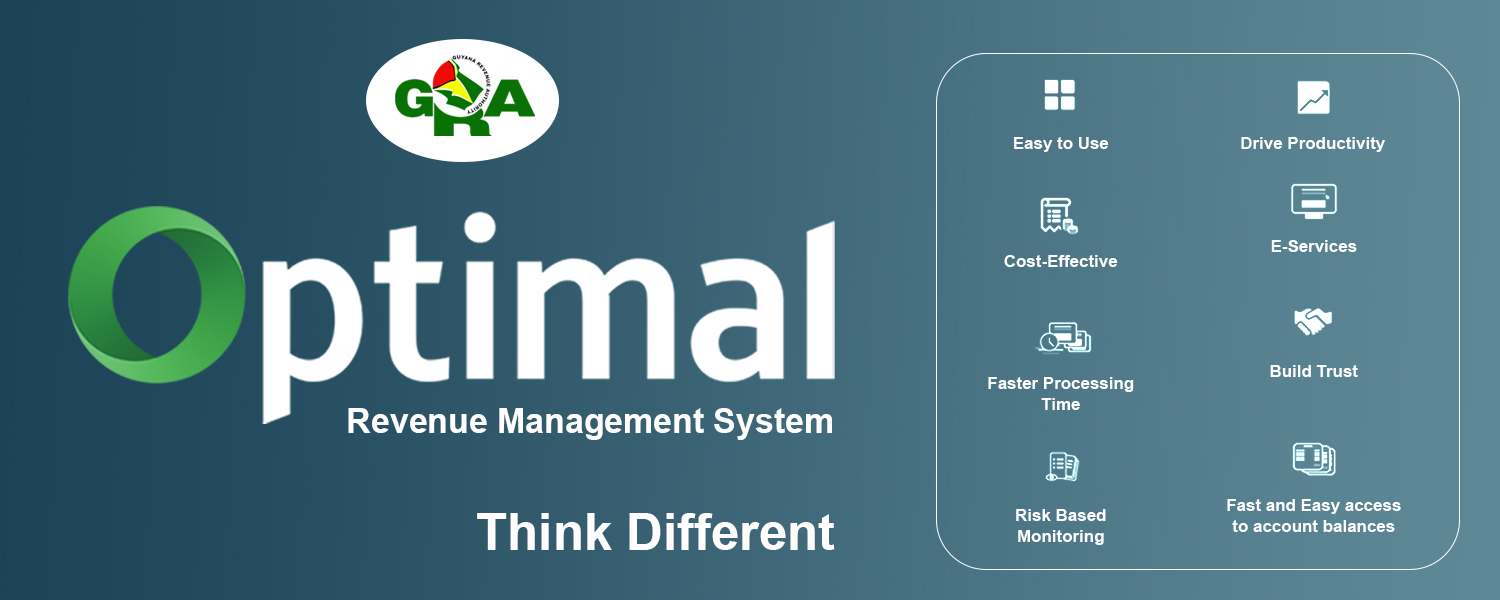The Guyana Revenue Authority continues to sensitise taxpayers, the general public and other stakeholders on matters pertaining to the various Acts it administers. In this regard, the following information seeks to give clarity as regards to the statutes, rules and procedures which would apply to the granting of tax exemptions to differently-abled persons.
DEFINITION: DIFFERENTLY-ABLED PERSON
For avoidance of doubt, the phrase ‘differently-abled persons’ refers to persons with disabilities.
The Persons with Disabilities Act Cap. 36:05, Laws of Guyana, defines a disability thus:
a physical or mental impairment caused by the limitations of the body structure or of one or more bodily functions that restrict the ability to perform ordinary day-to-day life activities.
Therefore, with regards to motor vehicles for this category of taxpayer, a differently-abled person is considered to be one who has a serious, permanent physical or mental impairment and needs a vehicle that is designed or can be modified with retrofitted equipment to assist them in their mobility. With regards to smartphones and handsets, the person should be visually impaired or is suffering from a hearing impediment.
LEGISLATION
1. SMARTPHONES AND HANDSETS
a) The First Schedule Part 111 B (11) Item 52 of the Customs Act, Chapter 82:01 exempts import duty on smartphones and handsets with special applications and accessibility features for differently-abled persons, as certified by the Commission representing persons with disabilities, proven to the satisfaction of the Commissioner-General.
b) Schedule 11 paragraph 23 of the Value-Added Tax Act, Chapter 81:05 exempts VAT on smartphones and handsets with special applications and accessibility features for differently-abled persons, as certified by the Commission representing differently – abled persons, proven to the satisfaction of the Commissioner.
2. VEHICLES
a) The First Schedule Part 111 B (11) Item 49 (b) of the Customs Act, Chapter 82:01 exempts import duty on motor vehicles whose date of manufacture is four years or in excess of four years before the date of importation of such vehicles. However, if a motor vehicle less than four years is imported, import duty at the rate of 10% (goods carrying) or 45% (passenger-type) would apply.
b) Table A-21 contained in the Excise Tax Regulations 2005 exempts excise tax on motor vehicles designed for use by differently-abled persons, or that will be converted for use by such persons.
c) Schedule 11 paragraph 10 sub-paragraph (h) of the Value-Added Tax Act, Chapter 81:05 exempts VAT on motor vehicles designed for use by differently-abled persons, or converted for use by such persons.
ELIGIBILITY AND CONDITIONS OF EXEMPTIONS
For an individual and vehicle to be eligible for such exemptions the following conditions must be met:
- The eligible person must be:
a) a Guyanese citizen living in Guyana;
b) a registered member with the National Commission on Disability (Commission);
2. The Commission is required to certify the following in a letter of recommendation to the Commissioner-General:
a) that the person is a registered member of the Commission;
b) the type of disability;
c) that the person is eligible for such an exemption based on medical records;
d) the vehicle is suitable for use by such person, or that the vehicle can be modified for use by such person.
3. Consideration will also be given in cases where the disability is of such a nature that renders driving by that person impossible or improbable. In such cases, a regular vehicle can be recommended to be driven by an (authorised) driver.
4. The above is subject to the satisfaction and approval of the Commissioner-General.
FREQUENCY OF EXEMPTIONS
5. Exemption on vehicles will only be granted once. Consideration can be given to exemptions on another vehicle after the initial five-year period subject to re-certification and recommendations of the Commission and approval of the Commissioner-General.
6. Exemptions on smartphones are granted once, every two years.
TYPES OF VEHICLES & SMARTPHONES
- The vehicle must be either a passenger type motor vehicle (87.03), or a goods type vehicle (87.04), not exceeding 2000 cc engine capacity. Consideration can be given to vans and pickups up to 3000cc, subject to the approval of the Commissioner-General.
- The vehicle must be less than eight years from the date of manufacture to the date of importation, and imported with new tyres or tyres not less than 6mm thread depth;
- The smartphone must have accessibility features and apps that can assist the type of disability of the eligible person. The serial number, ICCD numbers and IMEI numbers, must be stored and submitted with the application to the GRA.
CONDITIONS
- The vehicle cannot be sold, leased or transferred until after five years with the approval of the Commissioner-General. If the differently-abled person migrates permanently, the reduced pro-rated taxes would become due and payable from the date the person migrates. If the differently-abled person dies, the beneficiary of the estate would pay the reduced pro-rated taxes. The reduced taxes would be calculated from the date the person dies.
- The vehicle must be retrofitted to accommodate features and other equipment to permit its use by the differently-abled persons. These may include a lift, special seats (e.g. swivel), wheel chair space and similar enabling features.
- The smartphone cannot be sold, leased or transferred until after two years.
PROCEDURE
- Submit application form, invoices, quotation, and recommendation from the Commission to the Guyana Revenue Authority along with the relevant documents.
- A verification process would be conducted by GRA officers to determine the eligibility of the person, the vehicle, and/or the smartphone for the exemption.
- Once satisfied, the Commissioner-General would issue a Tax Exemption Approval Letter to the applicant.
CONTROLS
GRA will implement controls to ensure that the process and exemptions are not abused. Failure to comply may result in the exemptions being revoked, and the taxes become due and payable. Fines/penalties may also be imposed subject to the determination of the Commissioner-General.
Contact Us:
Tax Advisory Services Section
Communications & Tax Advisory Services Division
Guyana Revenue Authority
200 -201 Camp Street
Georgetown
Guyana
Tel: 227-6060 | 227-8222 Ext: 1201-1204
Email: gravat@gra.gov.gy
Website: www.gra.gov.gy


